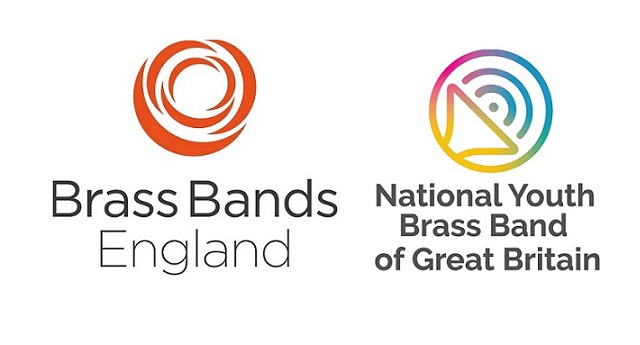
There was little surprise that the recent Arts Council England (ACE) announcement of its 2023-26 funding awards to 990 different arts, cultural and creative organisations was met with a mix of celebration, relief, bewilderment and anger.
£446 million is a lot of money, although as ever with Government spending, it is arguably never enough.
The bewilderment and anger was well publicised – notably surrounding the savage axing of funding to English National Opera and deep cuts to other organisations.
Relief elsewhere though, as “invidious choices” according to ACE Chairperson, Sir Nicholas Serota, were made. Celebration too, with the £43.7 million movement of funds (ostensibly from the London region) to the ‘levelling up’ areas in other parts of the country – with 276 new recipients announced.
Joy
There was of course joy at the news that Brass Bands England will receive an almost 100% increase in direct funding (from £210k to £405k per annum), whilst the National Youth Brass Band of Great Britain maintained its dual stream of financing (just over £119k).
However, it was hard not to think that overall, this was yet another significant shift away from supporting the arts sector by an exhausted government that for far too long has treated it with utter disdain and wilful ignorance.
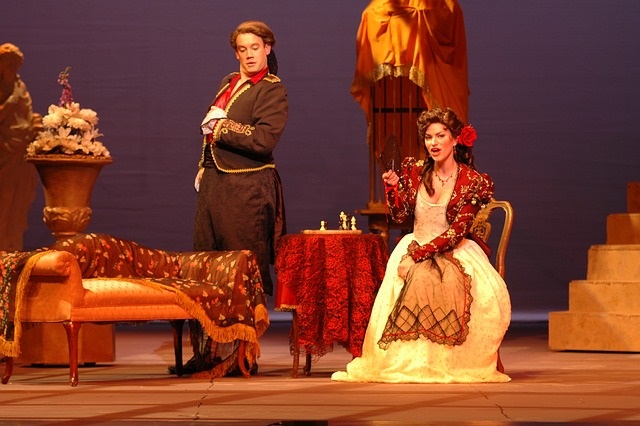
Perceived elitism has driven populist decisions on funding
Funding cut
The funding cut to English National Opera, which has done so much to meet the very principles and ambitions of the Arts Council’s ethos, was nothing more than a cynical piece of ‘dog-chew’ politicking for those who perceive opera as a money pit of artistic ‘elitism’.
As Sam Mendes, the founding artistic director of the Donmar Warehouse, whose funding was also cut to zero, said: “It is a short sighted decision that will wreak long lasting damage on the wider industry.”
It is hard to disagree.
It is a short sighted decision that will wreak long lasting damage on the wider industry.
In 1998 Arts Council England compiled figures that showed that the UK spent around 0.65% of total public spending on the arts compared to 1.79% in Germany, 1.47% in The Netherlands and 1.31% in France.
We were above Ireland (0.43%) and some considerable way ahead of the USA (0.13%) which has a very different (and tax efficient for wealthy donors) arts funding regime.*

Not really enough
In 1998 DCMS Arts funding was about £180 million a year, which increased year on year to 2009/10 to just under £453 million.**
Since then however, the arts has been under almost constant financial attack. £446 million is not really enough then.
In contrast, in 2018 Germany announced a €300 million (Euro) increase in its arts spending to over €1.7 billion. In 2020 that rose again by 6.6% to over €1.9 billion.
Federal spending throughout Germany since 2013 on the arts has risen by over 60%. Germany has over 80 opera houses.
In contrast, in 2018 Germany announced a €300 million (Euro) increase in its arts spending to over €1.7 billion. In 2020 that rose again by 6.6% to over €1.9 billion.
Strange
It seems strange then given the well-researched evidence that the arts give such a good return on investment, that we have become a nation whose government since 2010 has placed so little value on cultural excellence but plenty on symbolic populism.
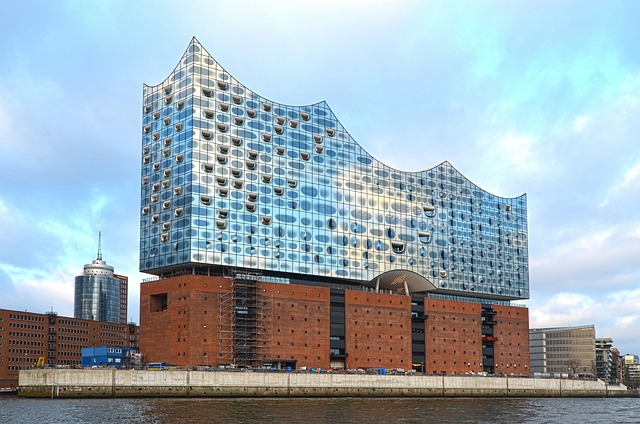
Hamburg Opera House - one of 83 in Germany
Ultimate example
Surely the ultimate example of that is the £120 million spent spaffing the ‘Festival of Brexit’ up a wall. It attracted just 0.36% of its predicted visitor numbers.
Even Nigel Farage would be hard pressed to called that a benefit of opting out of the EU.
Surely the ultimate example of that is the £120 million spent spaffing the ‘Festival of Brexit’ up a wall. It attracted just 0.36% of its predicted visitor numbers.
Stranger still
Stranger still, as in 2019 ACE Chairperson Sir Nicholas Serota spoke at a launch of research undertaken by Arts Council England where he boasted that that arts and culture added £10.8bn to the economy at the last count in 2016 - more than the agricultural sector.
And this despite stating clearly that 74% of arts organisations had been affected by public cuts.
He also added: “It also tells you if they had a bit more money they would do something rather wonderful with it.”
Then he praised the success in the face of adversity saying that it, “tells you about the brilliance of the people running these organisations, frankly. It tells you about their commitment and determination in spite of the cuts.”
He also added: “It also tells you if they had a bit more money they would do something rather wonderful with it.”
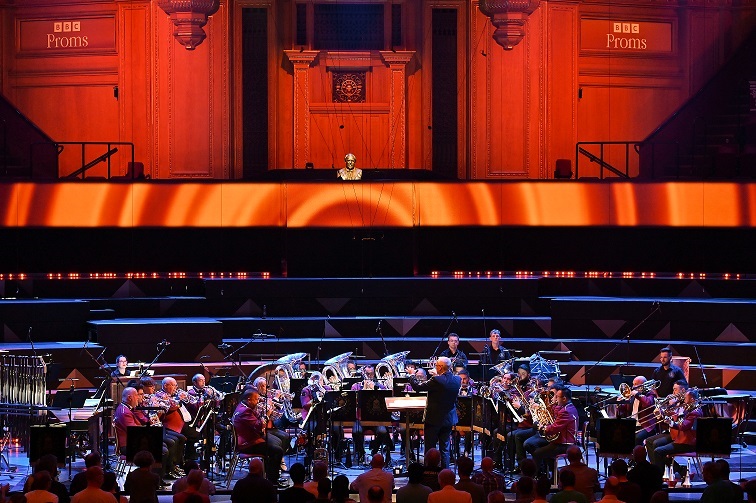
Wonderful: The Proms featured Tredegar Band this year
Research
Given that extensive worldwide research has shown that investment in the arts gives an above average financial boost to the economy, little wonder there was anger that all he could come up with in November 2022 were empty platitudes.
“We are facing economic pressures at present, but this funding is about an investment in our future,” he wrote on the ACE website.
12 years of cuts and all he now came up with was a cliched aphorism. No mention now from Sir Nicholas of the “rather wonderful” things the arts could do with extra money, let alone adequate funding.
On he went: “This portfolio will support the next generation of visionary inventors, makers, performers and artists. In particular, the growth of our funding for organisations that support and develop work for children represents a profoundly important long-term investment in our country’s talent.”
Really?
12 years of cuts and all he now came up with was a cliched aphorism. No mention now from Sir Nicholas of the “rather wonderful” things the arts could do with extra money, let alone adequate funding.
Acolyte
He has become another acolyte of the “accept less to give more” ready baked mantra of right wing Tufton Street economics that we are forced to swallow in the form of a fantasy magic pie of ever-expanding growth.
It is utter nonsense; lunacy backed by an understanding of the benefits the arts bring to communities that at best is gormless, at worst, spitefully vindictive.
BBE and NYBBGB
Against this background, the work of the teams at Brass Bands England and the National Youth Brass Band of Great Britain in enhancing and maintaining their respective funding streams cannot be congratulated enough.
Against this background, the work of the teams at Brass Bands England and the National Youth Brass Band of Great Britain in enhancing and maintaining their respective funding streams cannot be congratulated enough.
BBE has also come a very long way since the dark days of 2013 when BBE Chairperson Mike Kilroy spoke openly about the organisation being in ‘recovery’ mode with its main aims over the following years to achieve sustainability and relevance.
If Sir Nicholas Serota had been a visitor to its AGMs in those early days he would have despaired.
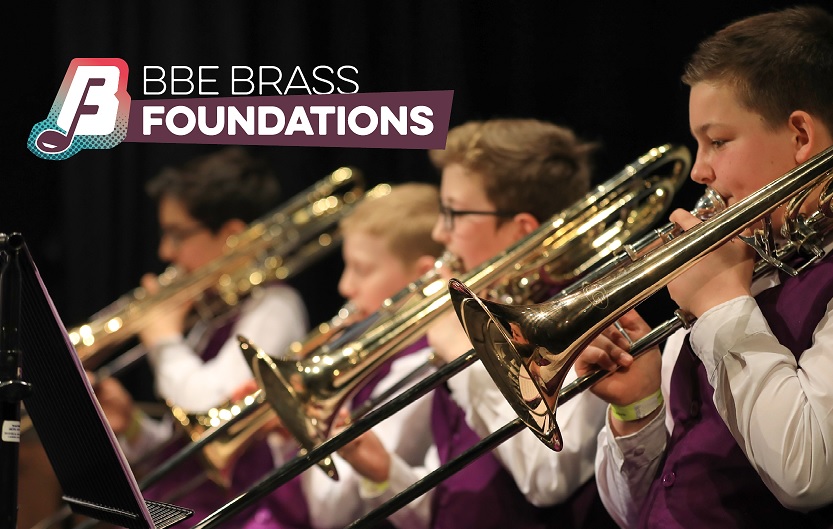
The BBE Foundations programme has been a huge success
Perfect example
Now he could have used their funding award as a perfect example of “the brilliance of the people running these organisations” and just what wonderful things they can now do with “a bit more money”.
BBE still has its critics, but its openness to receive critical analysis (from 4BR included) as well as champion its own initiatives and successes has been marked.
Their self-confidence (led by CEO Kenny Crookston) has not been misplaced, their outcomes substantive. Their award of funding has been fully merited.
Their self-confidence (led by CEO Kenny Crookston) has not been misplaced, their outcomes substantive. Their award of funding has been fully merited.
Not only that but it’s success over the next three-year funding cycle will be critical to the long term prosperity of brass banding in England, and beyond.
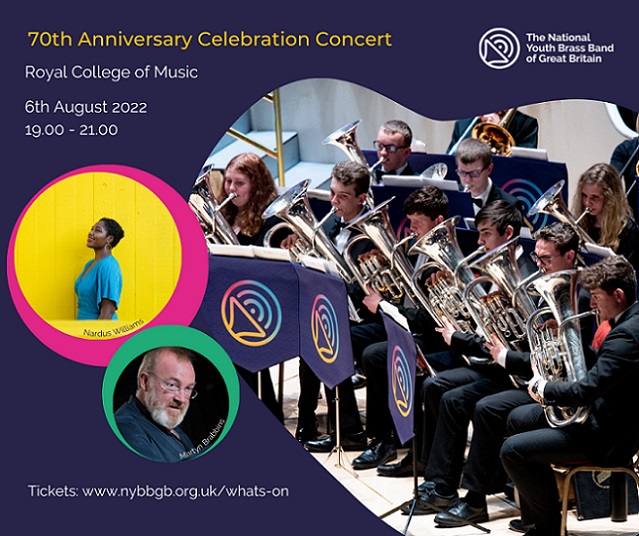
The National Youth Band of Great Britain has been rejuvenated in recent years
Look forward
So too the National Youth Brass Band of Great Britain, which was also in a state of despair not so long ago. Its problems were perhaps even more critical.
The work spearheaded by CEO Mark Bromley and his team in seeking expertise and working on core excellence in all aspects of the organisation is now paying off. It is further behind in its long term planning than BBE, but it too can look forward to the next three years rather than anxiously looking over its financial shoulder.
Our ‘levelling up’ has come at a time when the arts in general is being pushed down a slope towards financial implosion – and that will inevitably affect us all.
Unfortunately others will not even have the comfort of being able to do that.
And as much as we can find joy in well-deserved boosts to parts of the brass banding movement, now is not the time to indulge in misplaced schadenfreude now that we have finally got our hands on money we felt was being denied and were entitled to.
Our ‘levelling up’ has come at a time when the arts in general is being pushed down a slope towards financial implosion – and that will inevitably affect us all.
Iwan Fox
*Arts Council of England Policy, Research and Planning Department Report 13 (March 1998)
** Funding of the Arts parliamentary committee report



